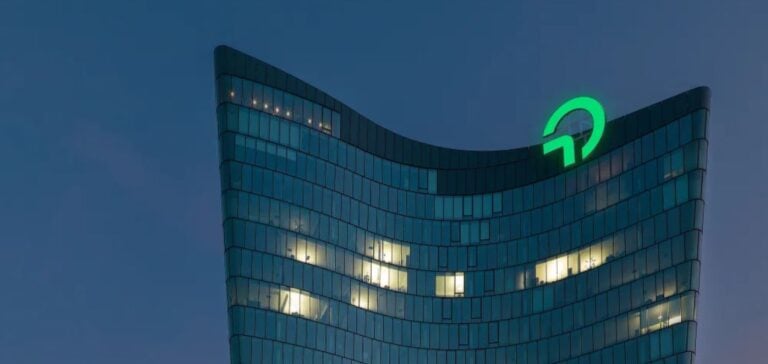The Austrian oil and gas group OMV announced the immediate termination of its natural gas supply contract with Gazprom Export, citing multiple contractual violations. This decision marks a turning point in energy relations between Austria and Russia, interrupting a partnership that began in 1968.
Since mid-November, Russia has stopped supplying gas to Austria, ending a historic energy dependency. Austria, which still imported 90% of its gas from Russia this summer, now has to redefine its supply sources. The contract, renewed in 2006 and extending to 2040, allowed OMV to receive up to 5 terawatt-hours of gas per month.
An underlying energy conflict
This termination takes place in a tense context where OMV had obtained an arbitration ruling allowing it to claim €230 million in compensation for past Gazprom failures. This decision was followed by the complete suspension of Russian gas deliveries to Austria.
For OMV, this break is not just a commercial decision but also a strategic one. According to Alfred Stern, OMV’s CEO, the group has diversified its supply, relying on national and Norwegian production, as well as imports of liquefied natural gas (LNG).
A paradigm shift for Europe
The termination of this contract also reflects a broader European objective. In response to the invasion of Ukraine in 2022, the European Union committed to reducing its dependency on Russian gas by 2027. However, despite a significant increase in American LNG purchases, the EU has not yet completely severed its energy ties with Moscow.
For OMV, this transition illustrates a real challenge. Diversifying its supply is a response to the security of supply issues exacerbated by geopolitical tensions. This turning point also marks the end of an era for Austria, which had been the first Western nation to conclude an energy agreement with the Soviet Union.






















